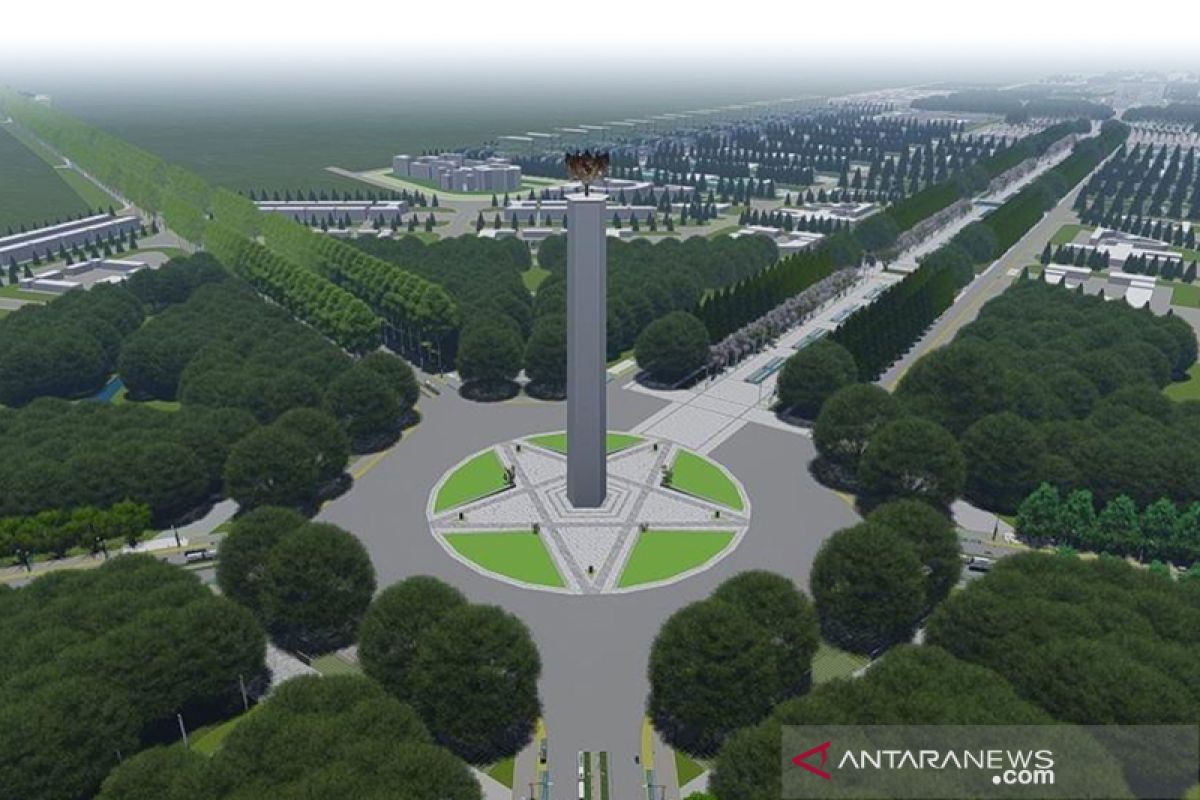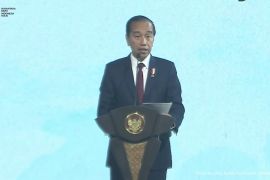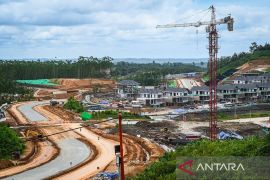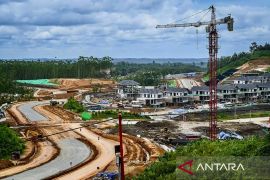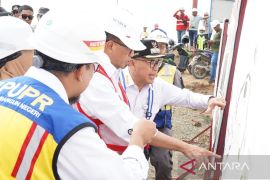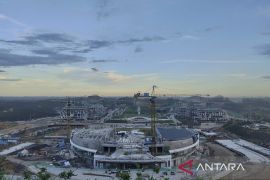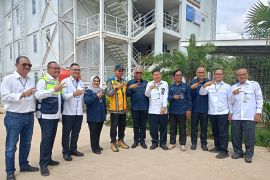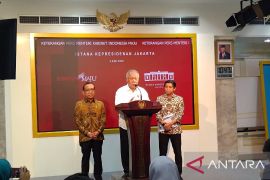It won't take too long. It will be two months at the latest, most likely in NovemberJakarta (ANTARA) - A Strategic Environmental Study (KLHS) of the new capital city in East Kalimantan is expected to be completed in November 2019, Environmental Affairs and Forestry Minister Siti Nurbaya Bakar has said.
"It won't take too long. It will be two months at the latest, most likely in November," the minister said here Wednesday. The KLHS is in line with the Government Regulation No 46/2016 regarding KLHS for major projects.
The relocation will include the simultaneous restoration of the environment in North Penajam Paser and Kutai Kartanegara Districts in East Kalimantan, she said.
President Joko Widodo (Jokowi) had issued instructions that the ecosystems of Bukit Soeharto Forest Park, Balikpapan Bay and several others should be restored simultaneously with the development of the new capital city.
Her ministry has been preparing a reference framework and other strategic steps over the last two days, to be conveyed directly to President Jokowi, the Presidential Secretariat Office (KSP) and the National Development Planning Agency (Bappenas), she said.
Related news: Capital city concept to entail environmental restoration: minister
Related news: Environment ministry to conduct study on new capital
0n August 26, 2019, the central government had declared that parts of the districts of North Penajam Paser and Kutai Kertanegara in East Kalimantan will be the location for the country’s new capital that is expected to be inaugurated in 2024.
The new capital city will function on the concept of smart and forest city.
The plan has triggered reactions from the public, in general, and environmental organizations, in particular, as Kalimantan is home to extensive forest areas.
Greenpeace Indonesia has voiced its concerns over the plan, as it will necessitate the conversion of forest and land for development and will consequently impact the environment. Developing a new city without assigning prior consideration to the environment will lead to issues similar to what Jakarta is witnessing, Greenpeace Indonesia Director Leonard Simanjuntak explained in a statement Tuesday.
"We can see that air pollution in Jakarta is caused by means of transportation and coal-fueled power plants surrounding Jakarta. If the new capital city will rely on coal, as a source of energy, like in Jakarta now, do not ever expect the new capital city to be free from air pollution," he stated.
Related news: Greenpeace raises concerns over capital city relocation to Kalimantan
Related news: Kalimantan forest to remain intact despite capital development
Translator: Desi Purnamasari, Fardah
Editor: Sri Haryati
Copyright © ANTARA 2019
